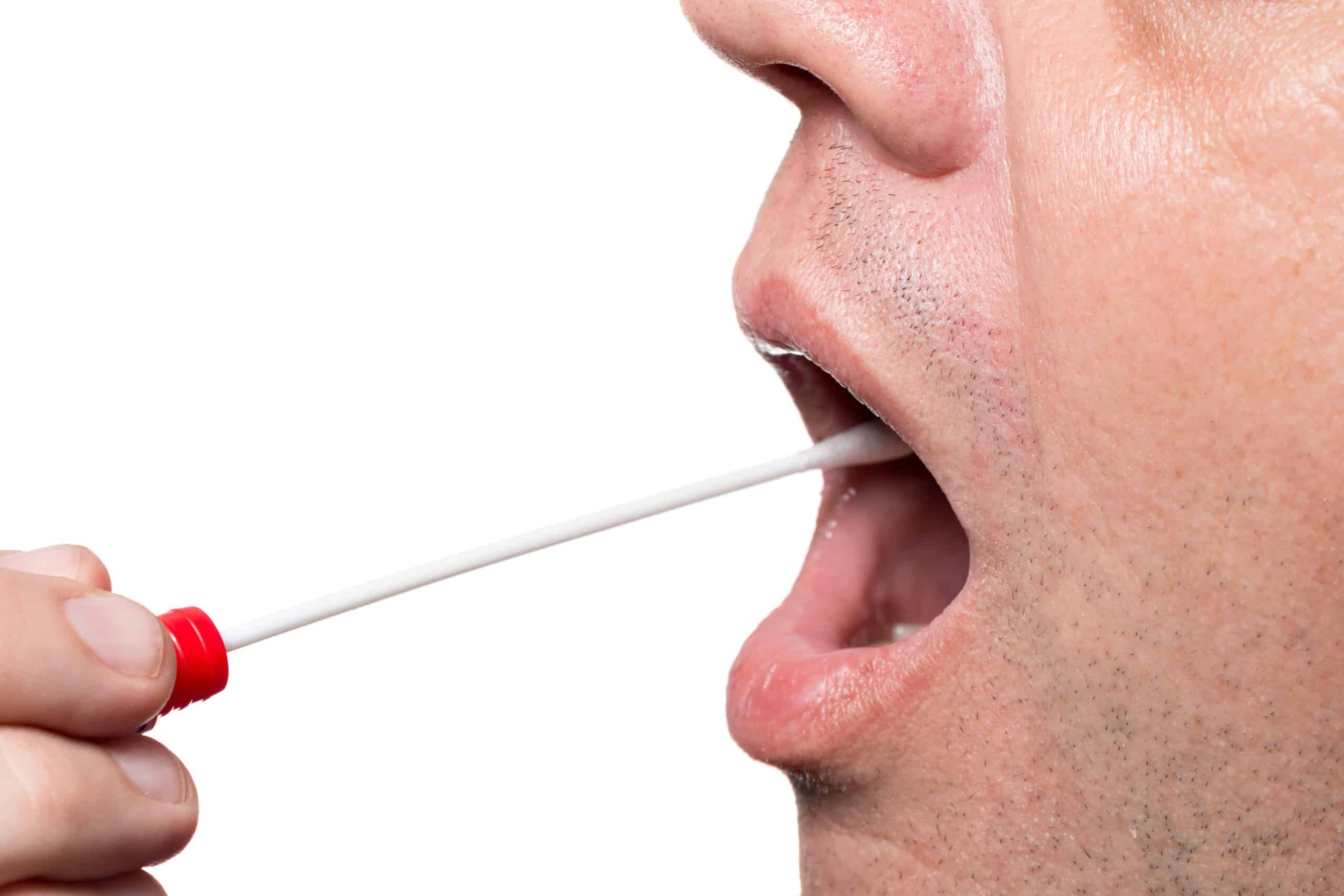According to Dr. Amos Danielli of the Alexander Kofkin Faculty of Engineering at Bar-IIan University this new technology can carry out saliva test analysis within 15 minutes, and the technology has already been proven to reduce diagnostic time of Zika virus and it is being used in the Israel Ministry of Health’s central virology laboratory.
Danielli’s lab developed a technology for sensitive detection of virus specific RNA sequences by attaching the virus RNA to a fluorescent molecule that emits light when illuminated by a laser beam; at very low concentrations of RNA the signal emitted is so low that existing devices can’t detect it. Magnetic particles that have been added to the solution enable them to adhere to the fluorescent molecules which allows for a greater concentration of fluorescent molecules and more accurate measurement.
“If we think of the saliva of a corona patient filling an entire room, then this laser beam can be compared to the size of a fist and at low concentrations of virus RNA, there might be only 2-3 fluorescent molecules within that fist,” explains Danielli.
“This development relies on the use of two small electromagnets, which are magnets powered by an electric current. By properly positioning them, we were able to create a strong magnetic field and collect all the thousands of fluorescent molecules from the entire solution and aggregate them inside the laser beam, thereby multiplying the signal strength by several orders of magnitude. But that’s not all. Instead of pumping the solution we alternately operate the electromagnets, once on the left and once on the right, moving the molecules from side to side, in and out of the laser beam. As they pass through the laser beam they become illuminated. When they exit the light beam they are no longer illuminated. This flickering allows us, without any additional procedures, to accurately determine whether a person has been exposed to coronavirus,” said Danielli.
High sensitivity and ease of operation of the platform enables facilities to use this technology in point of care applications where resources are limited to provide doctors with an alternative method for accurate and rapid detection. The researchers are also collaborating with European universities to identify antibodies that the immune system may be producing against the coronavirus; and he is looking for investors to help accelerate his R&D of the kit to get it introduced into hospitals.
Dr. Danielli develops systems/kits to help identify various diseases, while companies such as MagBiosense are developing devices about the size of a coffee machine which will be based on Dr. Danielli’s technology.




